The trial of one of the accused Boston Marathon bombers started Monday, nearly two years after the attack that killed three people and injured more than 260 others, with the beginning of the selection of the jury that will ultimately decide the fate of Dzhokhar Tsarnaev. Here’s what to know as the trial gets underway.
What happened in April 2013?
Tsarnaev and his older brother, Tamerlan Tsarnaev, are suspected of building and detonating pressure-cooker bombs near the finish line of the marathon on April 15, 2013. The brothers escaped initial capture but were later identified as suspects and confronted in a days-long manhunt that shut down much of the Boston area and transfixed the country. Tamerlan died after a shootout with authorities that followed the death of a Massachusetts Institute of Technology police officer; he was also said to have been run over by a vehicle driven by his brother, Dzhokhar, who was later found in a boat parked on a driveway in nearby Watertown.
Photos: The Last Moments of the Man Hunt for Boston Bombing Suspect
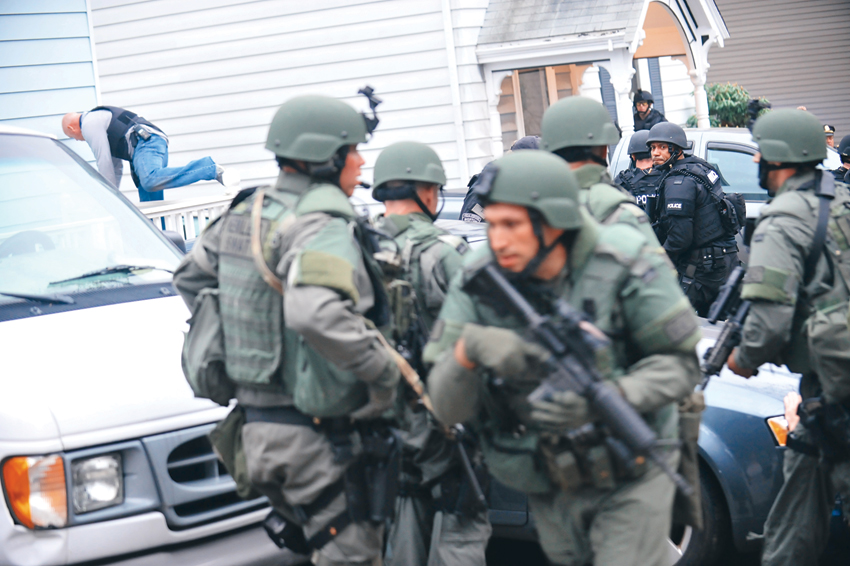
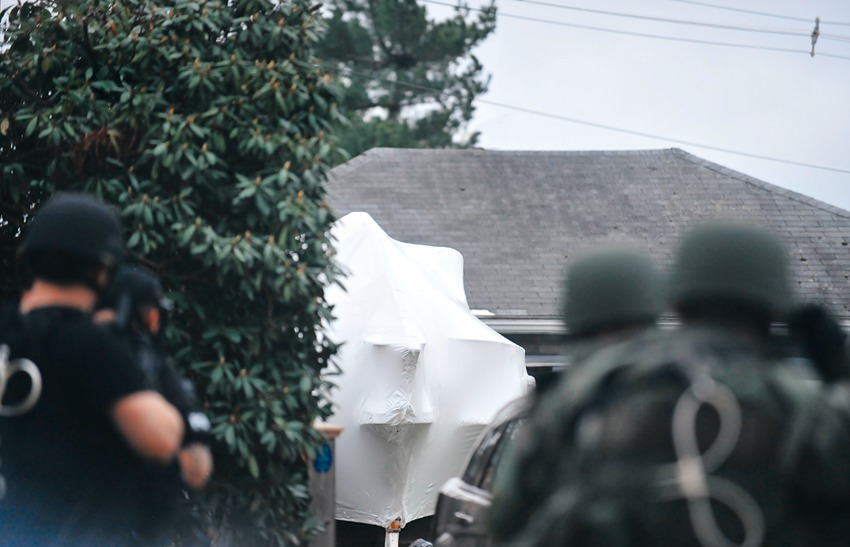
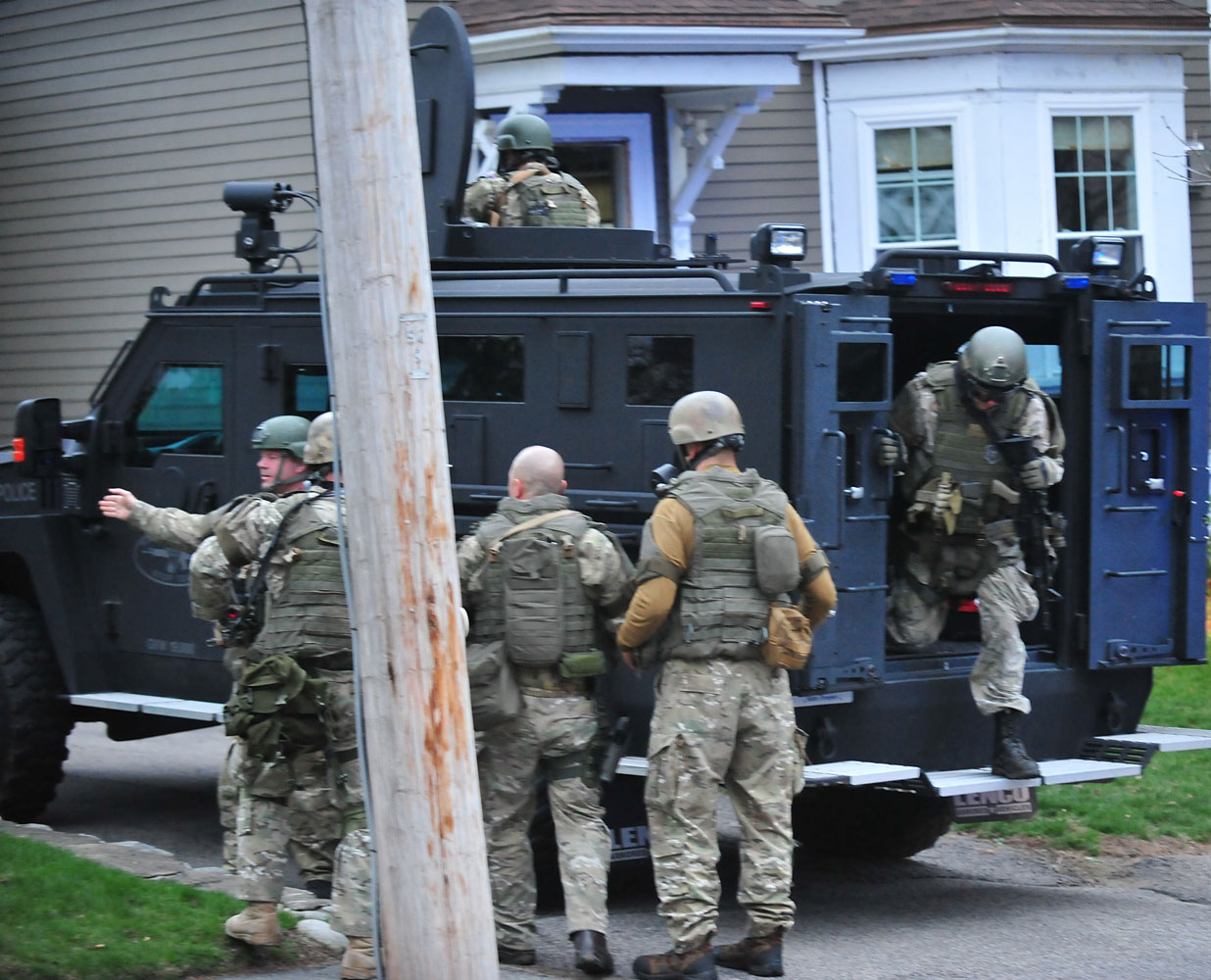
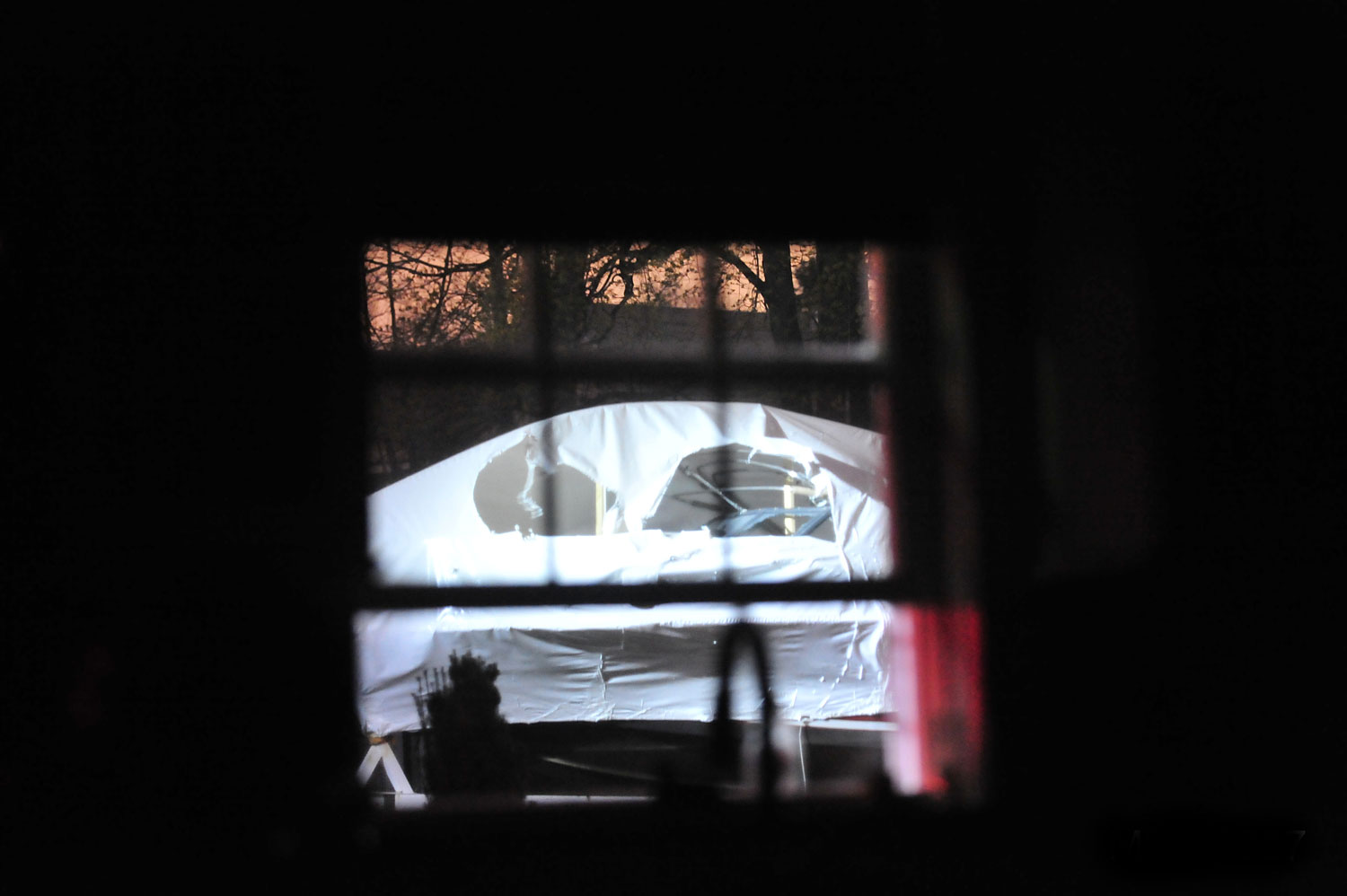
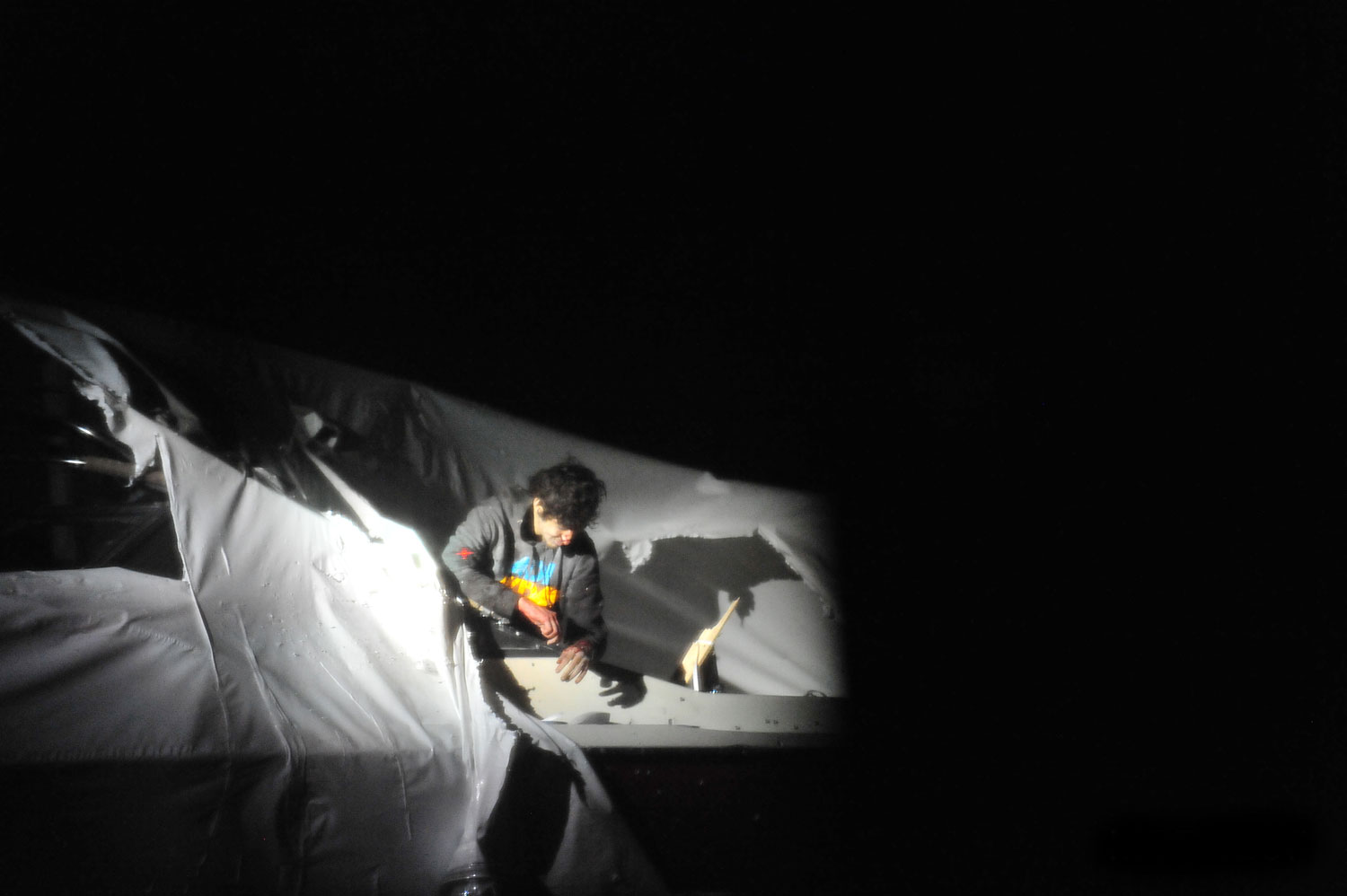
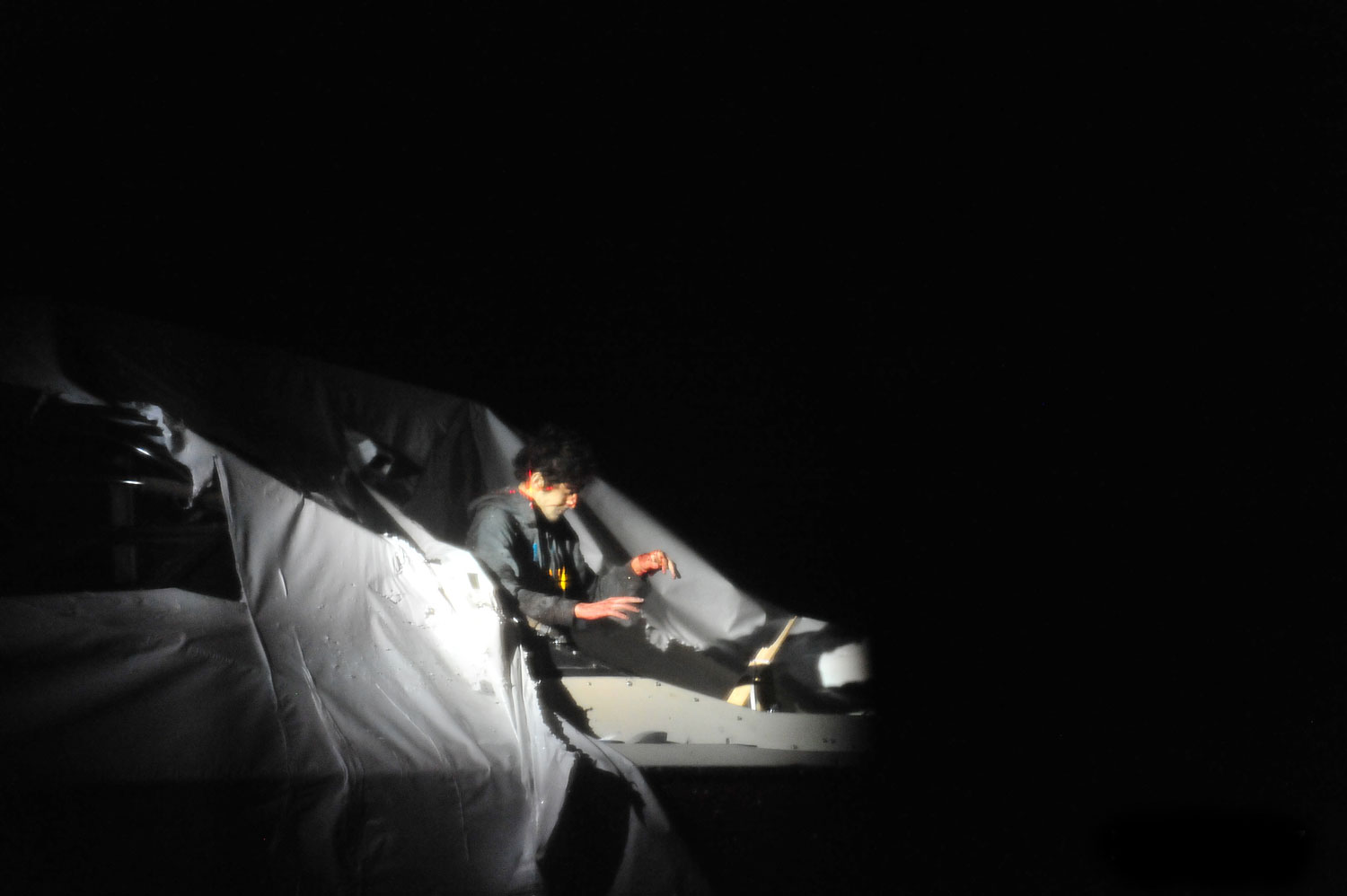
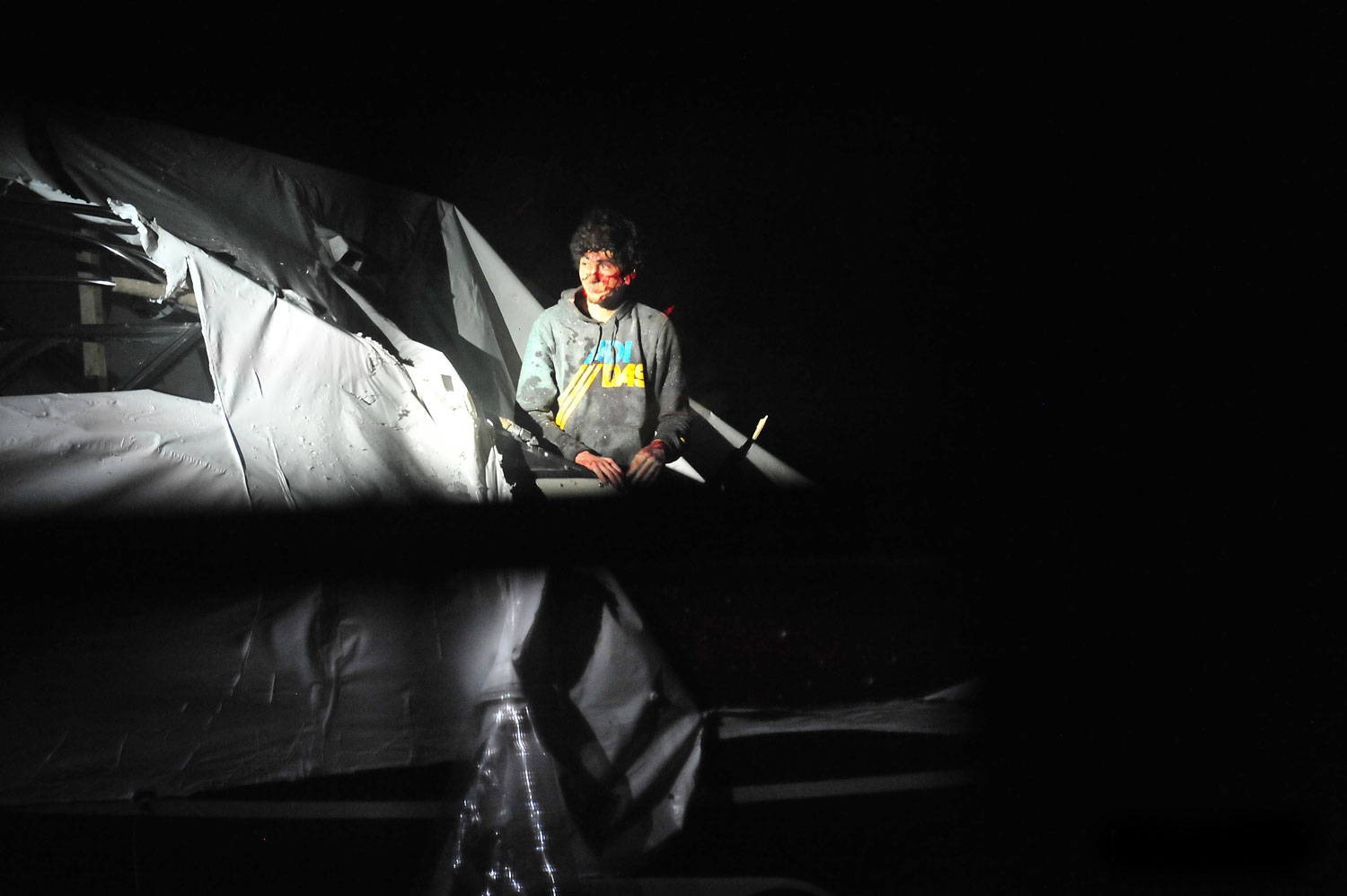
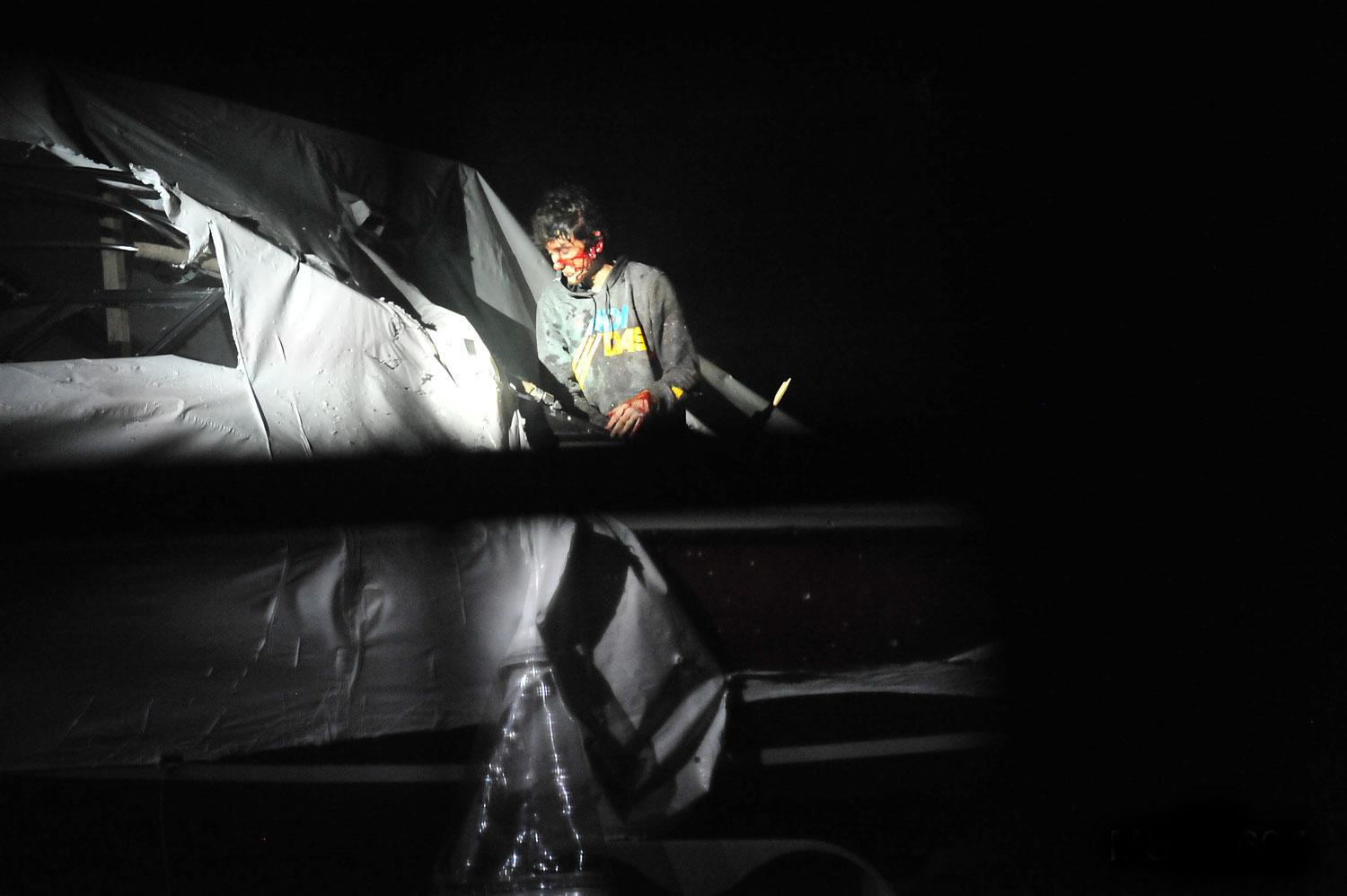
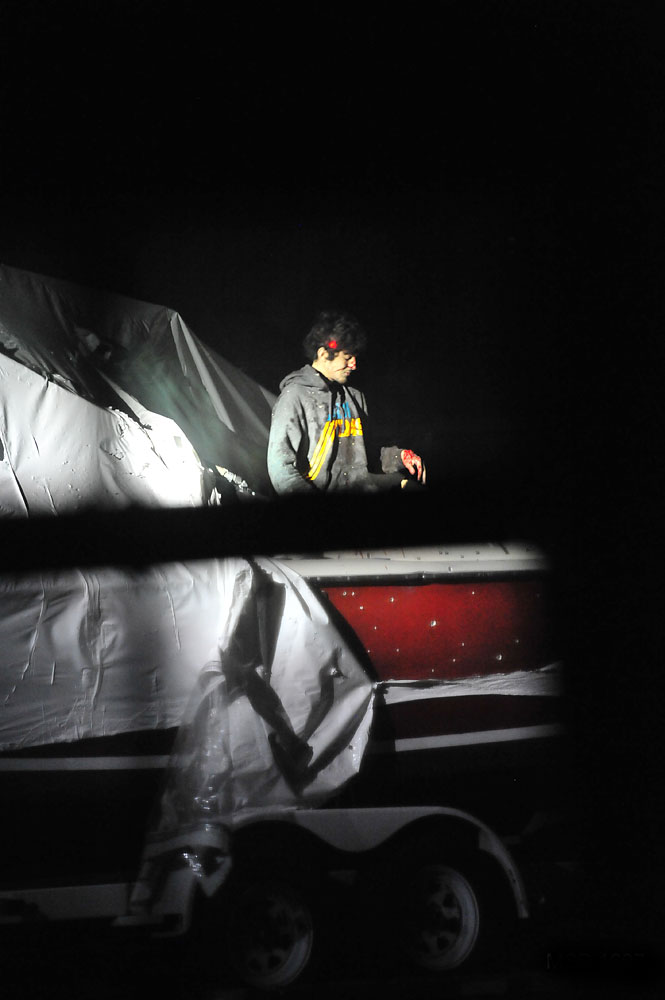
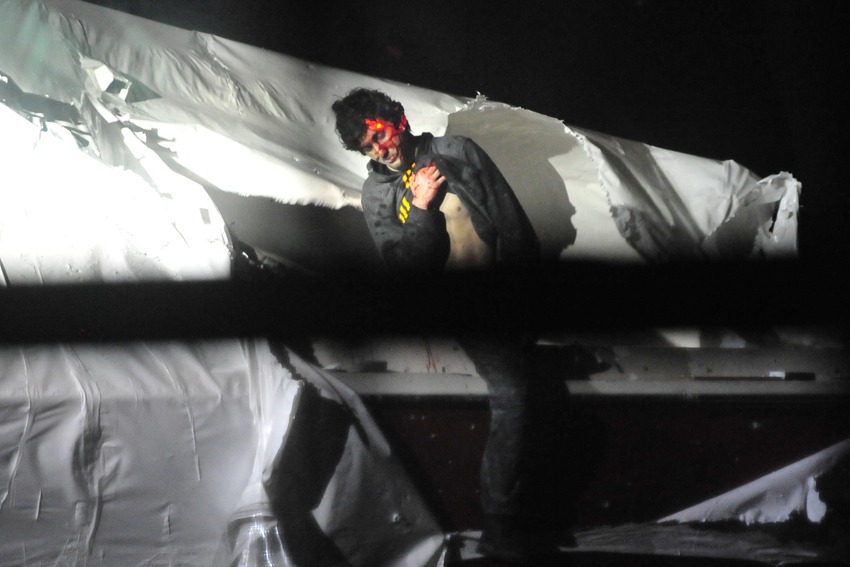
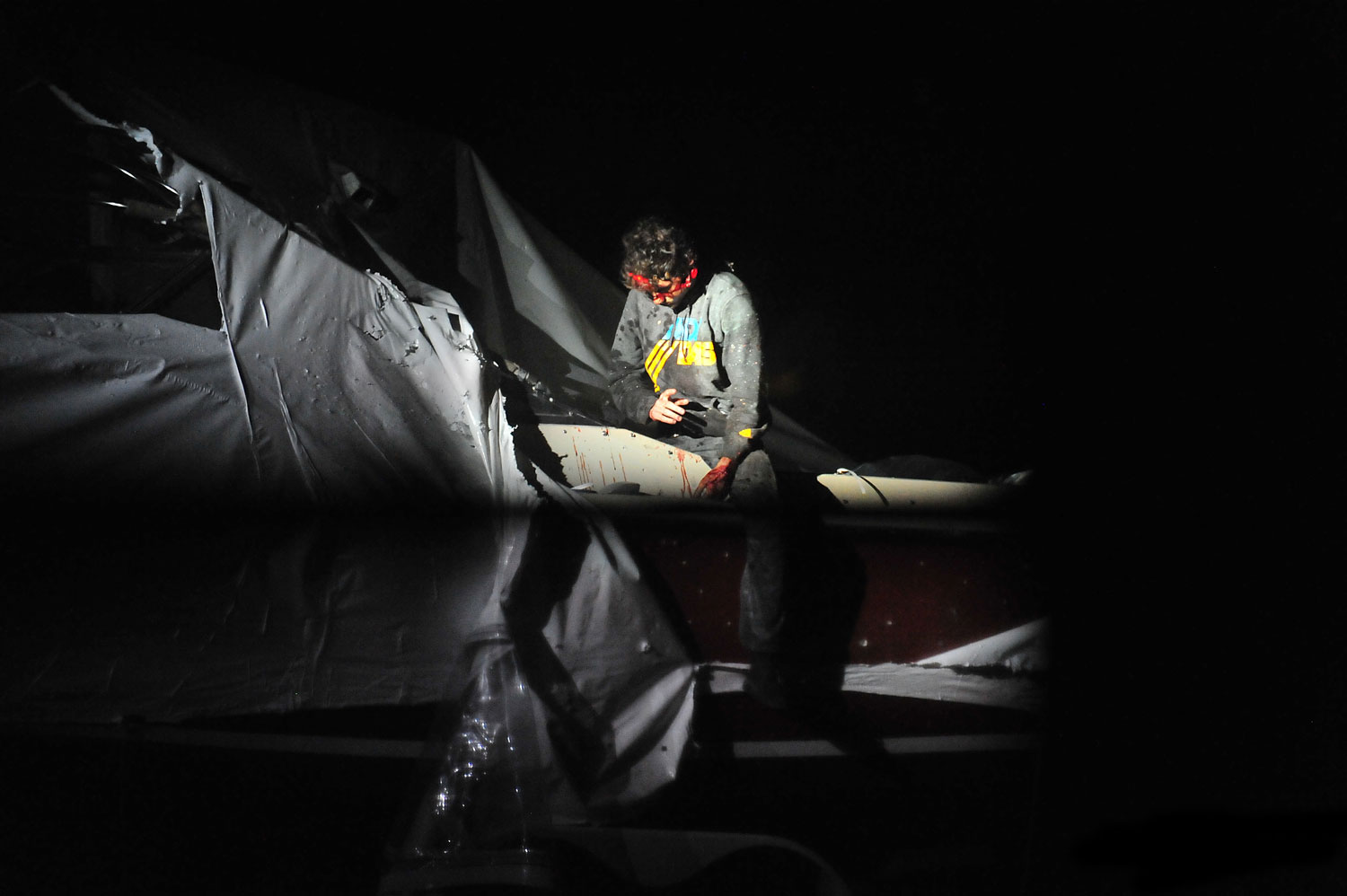
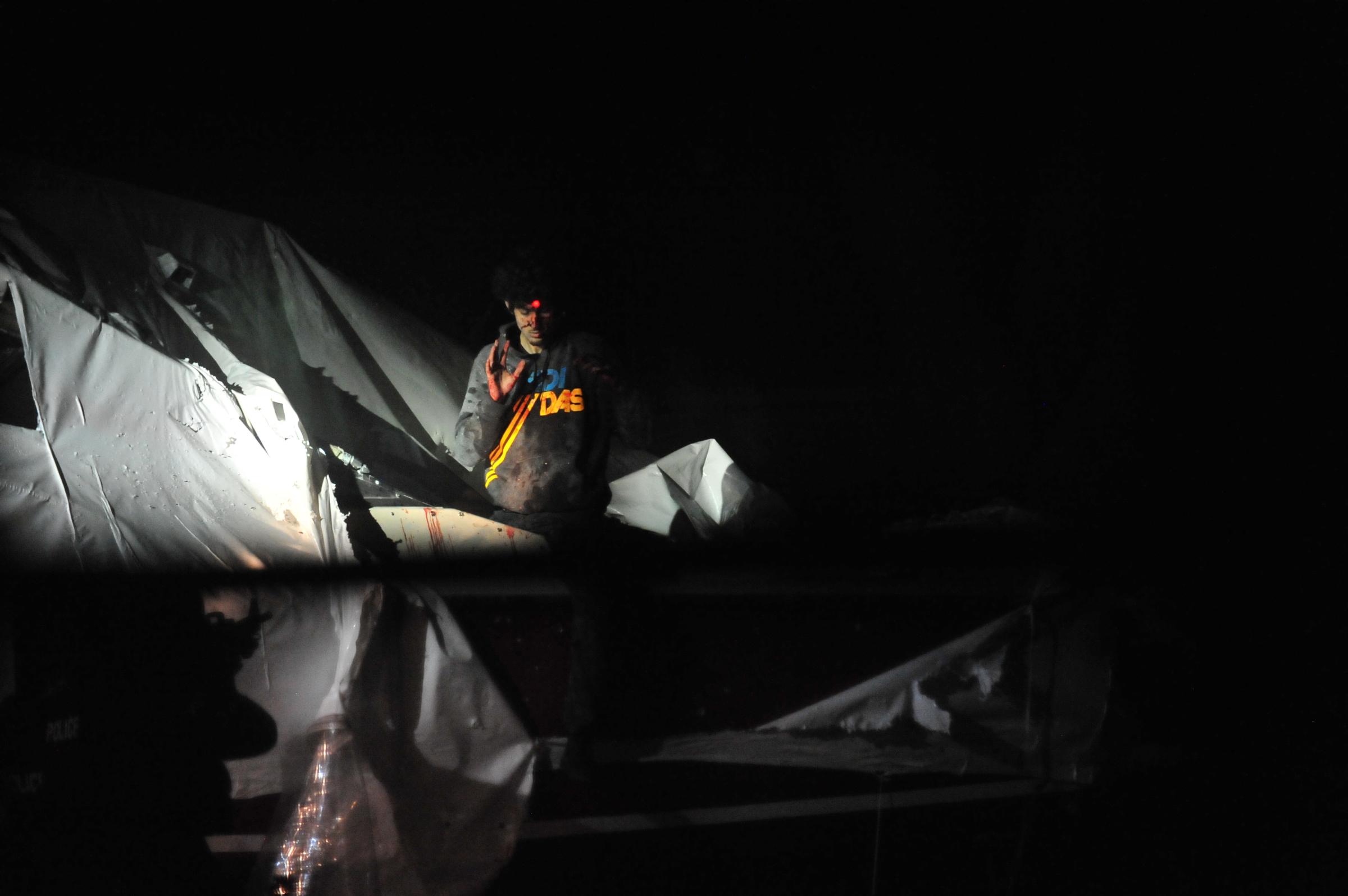
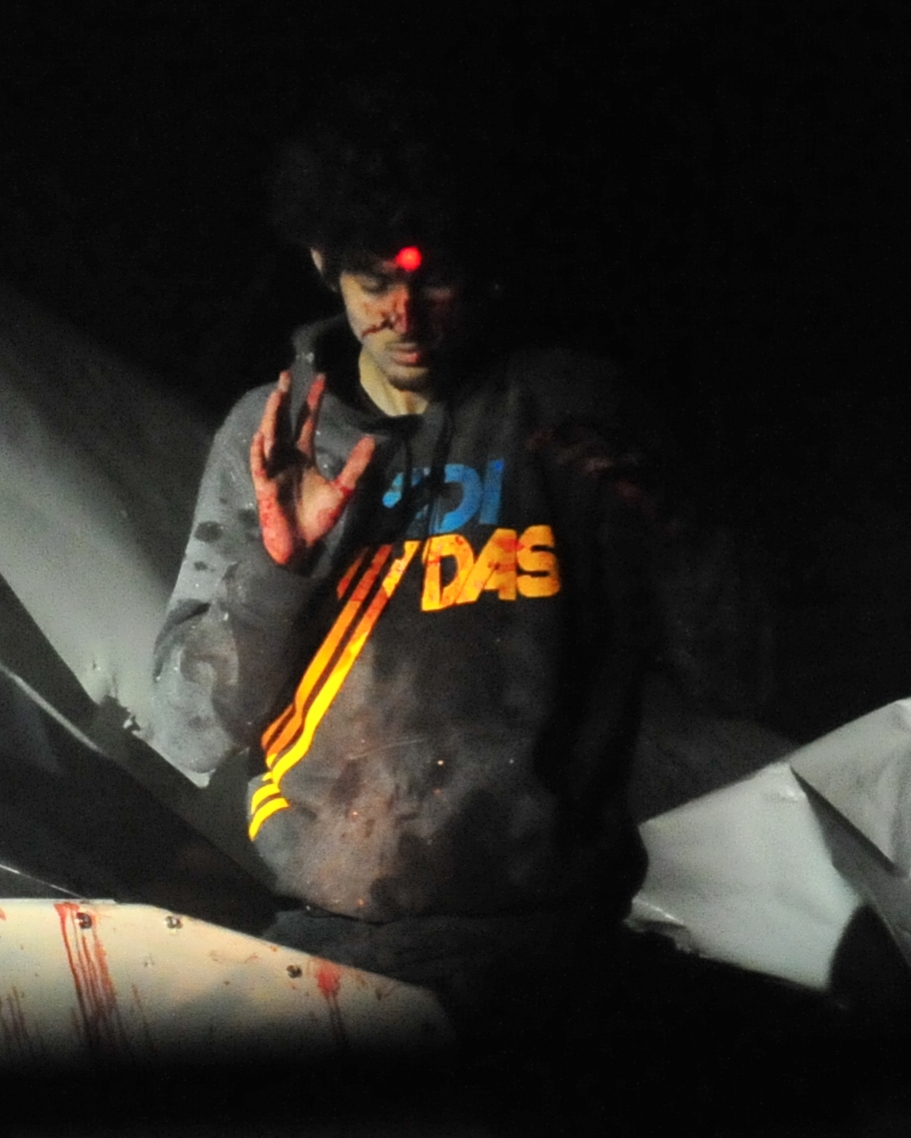
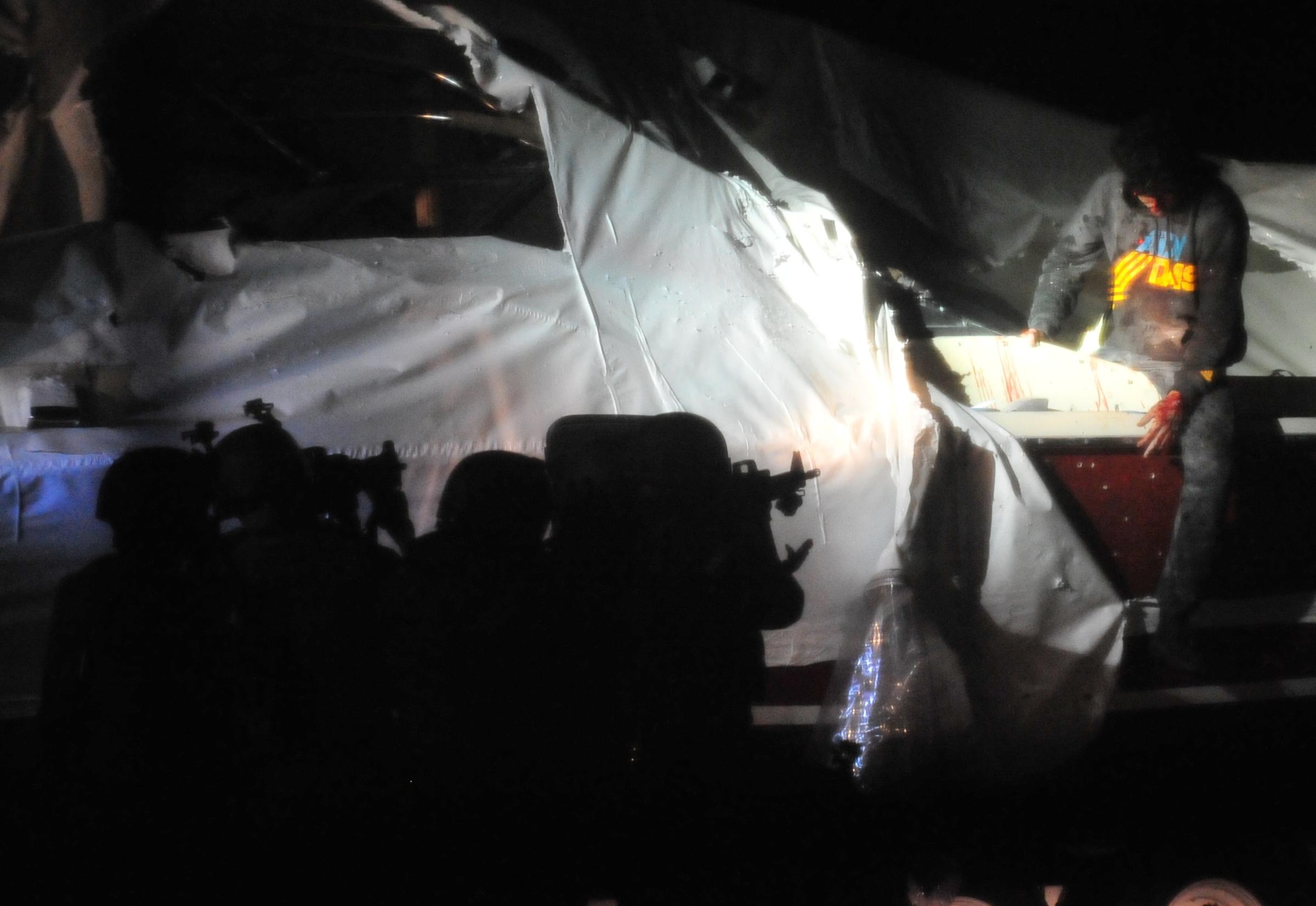
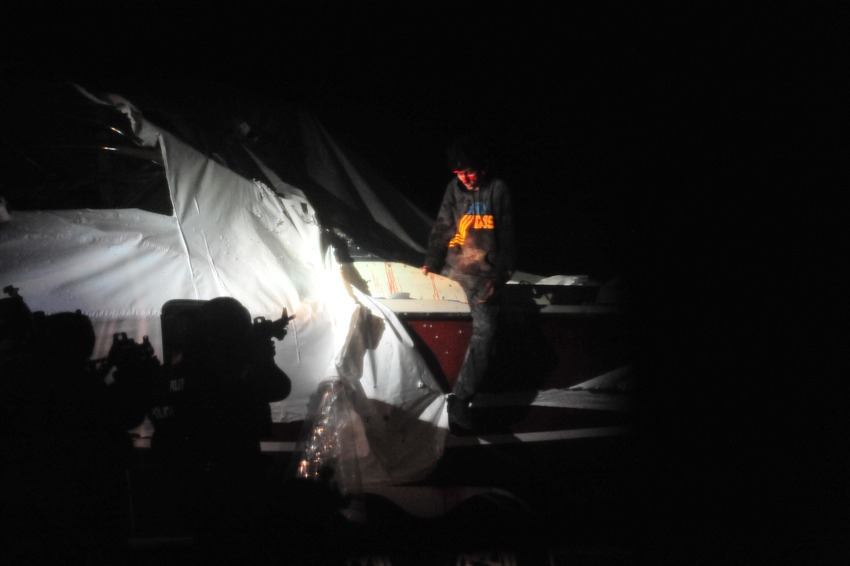
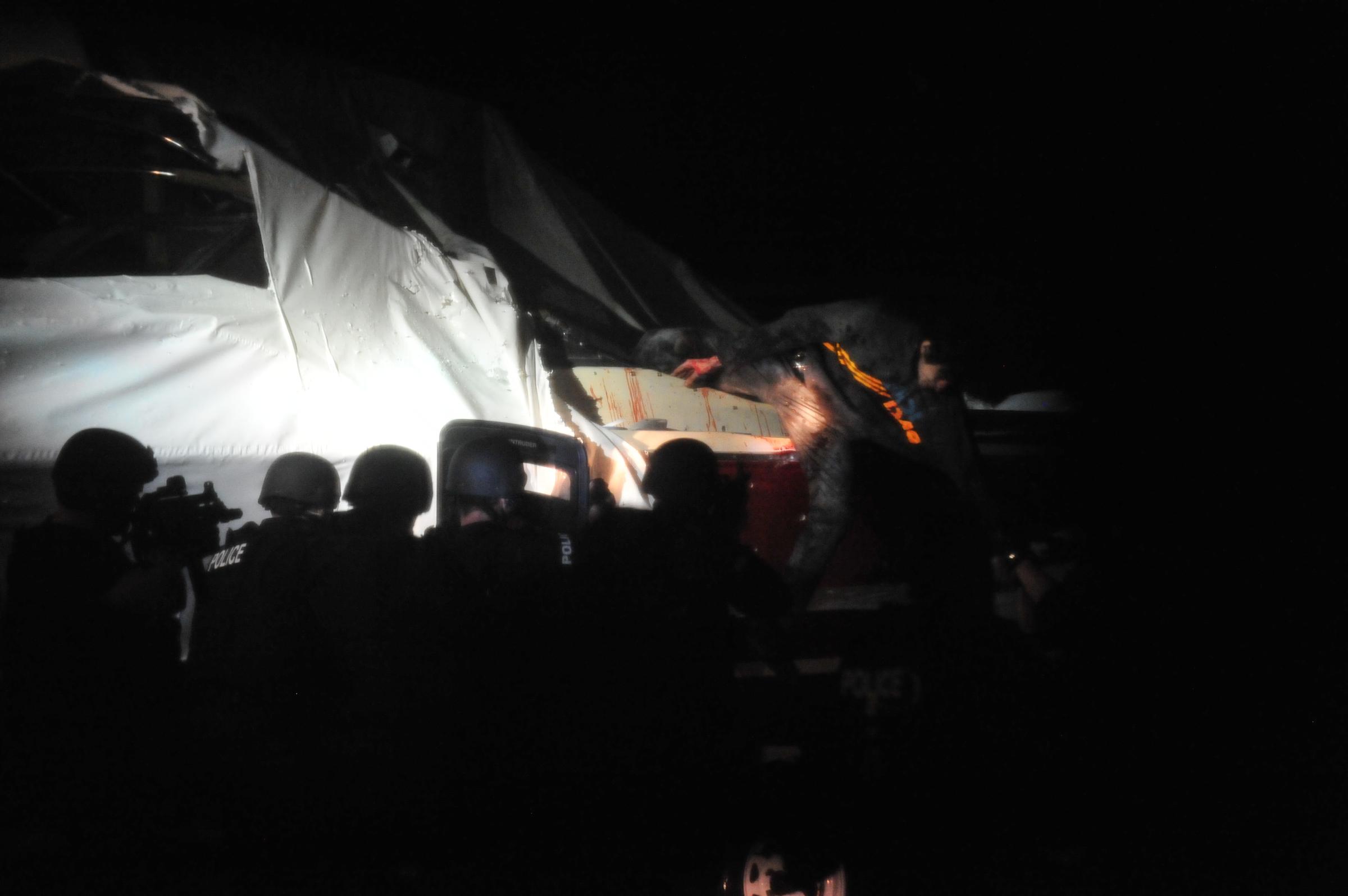
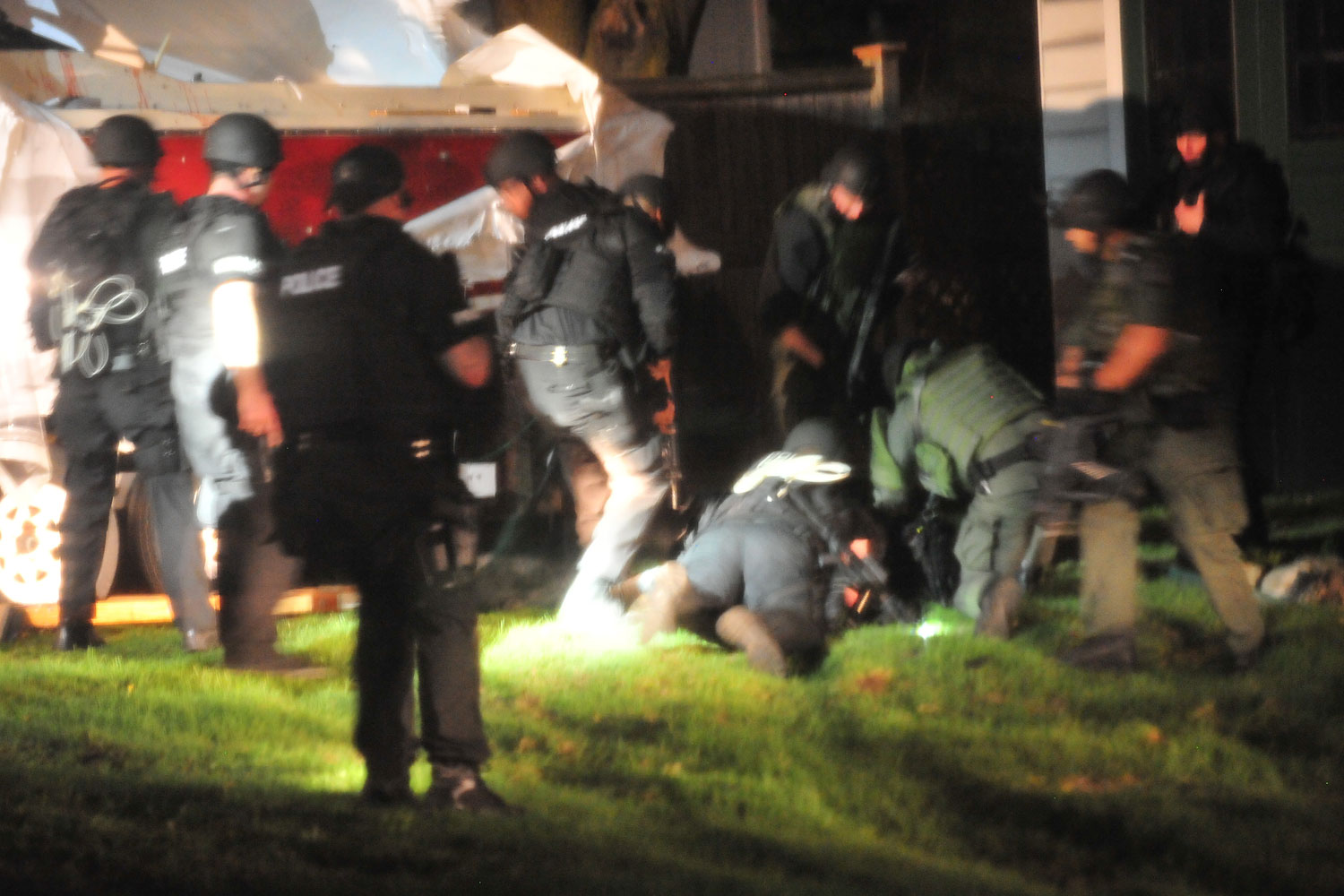
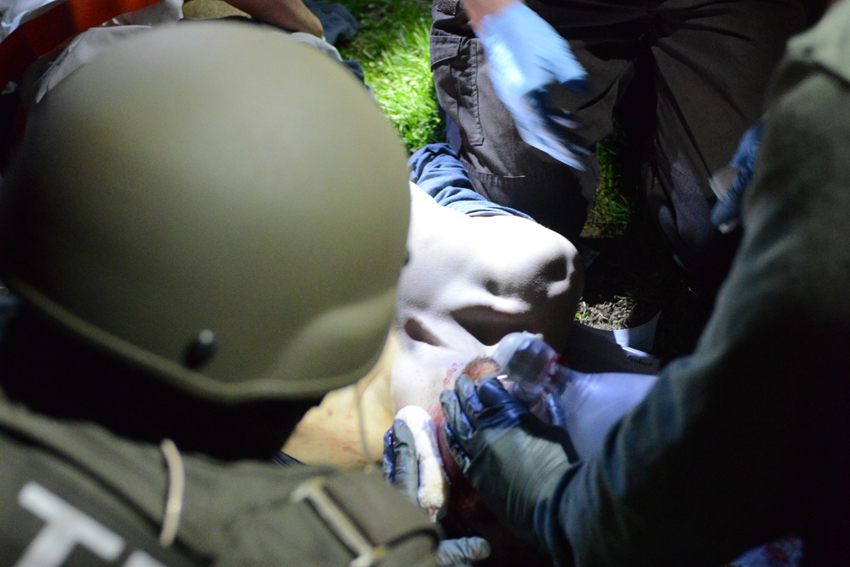
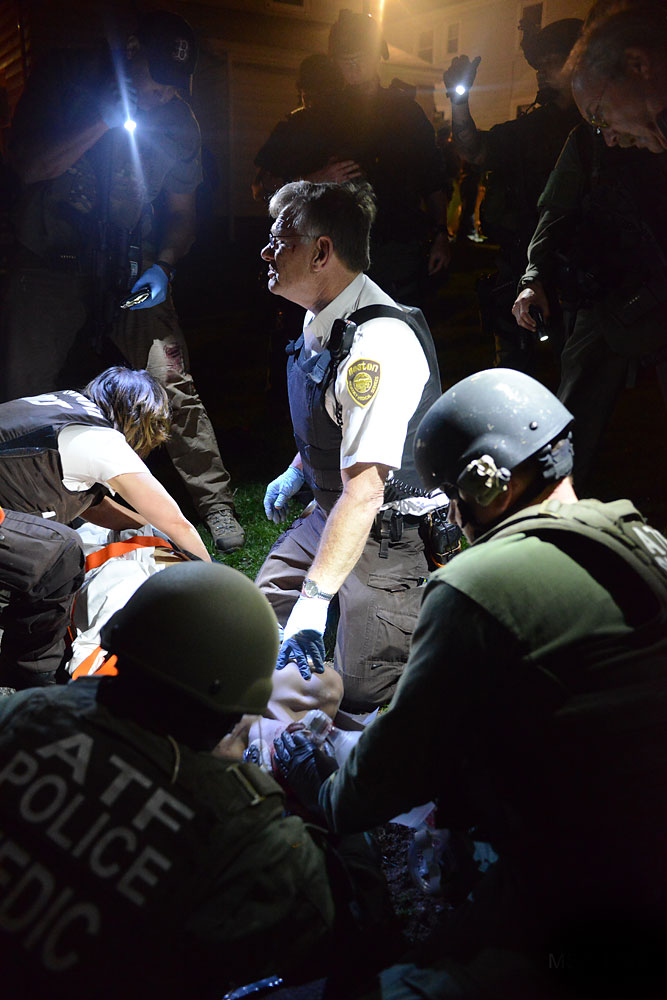
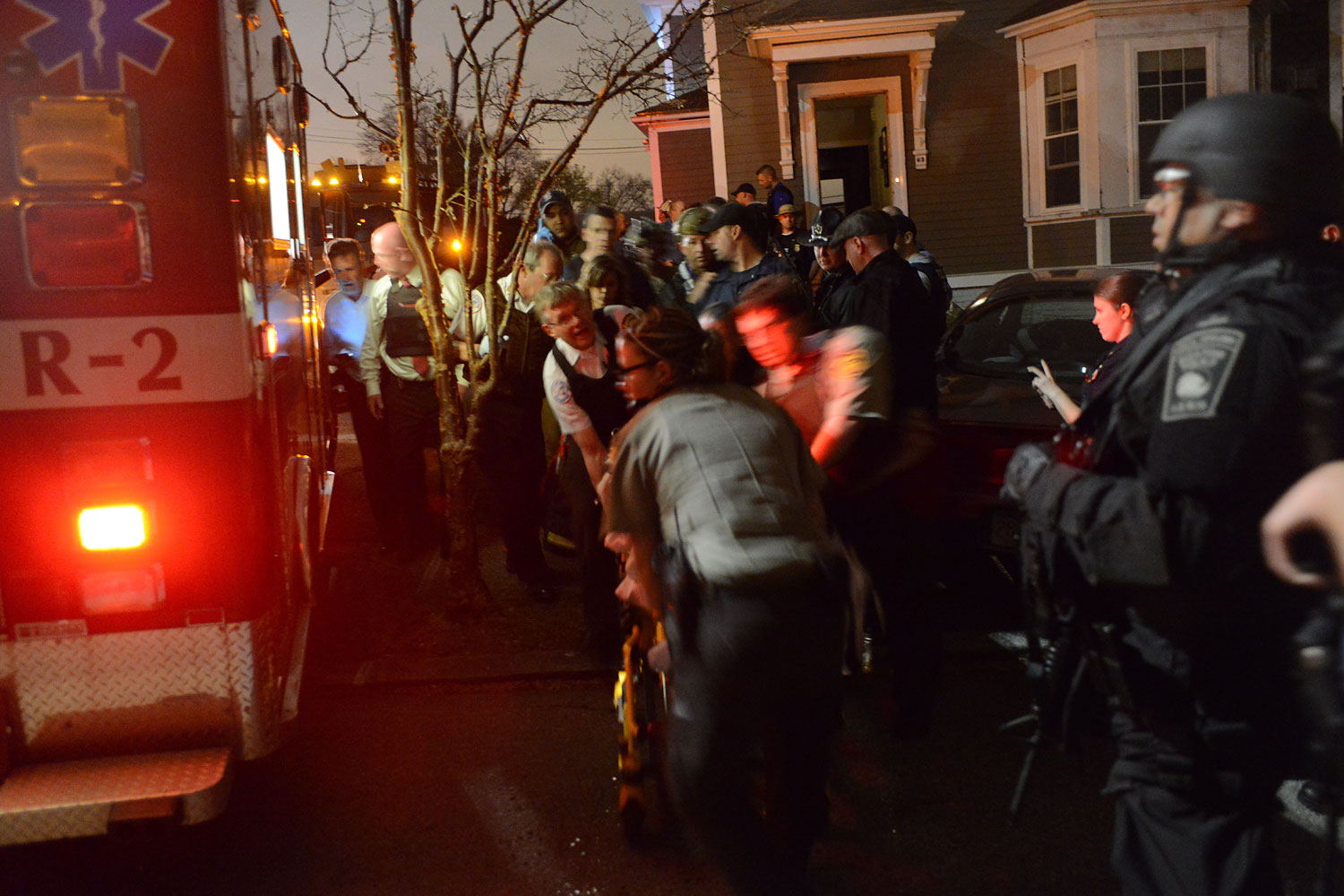
What about the brothers’ background?
Tamerlan and Dzhokhar came to the U.S. from Kyrgyzstan when they were aged 15 and 8, respectively. The older brother became a solid boxer while in Cambridge, Mass., and his younger sibling would become a popular wrestler at Cambridge Rindge and Latin High School before enrolling at the University of Massachusetts at Dartmouth. Dzhokhar was said to have adjusted to life in the U.S. easier than Tamerlan, who authorities painted as having become disillusioned and who they said would later align with radical Islam.
What charges does Tsarnaev face?
He faces 30 federal counts including the bombing of a public place, malicious destruction of public property, carjacking, disruption of commerce and possession and use of a weapon of mass destruction resulting in death. Here’s the full list.
How long is the trial expected to last?
That’s unclear, but it could be several months. Selecting a fit jury from a pool of more than 1,200 could take a few weeks, according to the Boston Globe, and the trial will be split into two phases. The first will involve determining his innocence or guilt; if the jury finds Tsarnaev guilty, the second phase will revolve around his sentencing.
Where will the trial take place?
The trial is set to be held at the U.S. Court of Appeals for the First Circuit in Boston. Tsarnaev’s defense team repeatedly tried to have it moved, arguing it would be too difficult to find an impartial jury where the attack took place. But the district court wouldn’t budge, writing in a newly released decision that it would be capable of finding 12 jurors and six alternates in the “large and diverse” population that resides in the district’s Eastern Division.
Who are the lawyers on both sides?
Legendary defense attorney Judy Clarke quickly joined Tsarnaev’s defense team, bringing her experience of representing the likes of unabomber Ted Kaczynski and Jared Lee Loughner, whose 2011 shooting rampage in Arizona left six people dead and 13 injured, including former Congresswoman Gabrielle Giffords. Many of her clients are convicted and imprisoned while having avoided capital punishment, which Clarke opposes. Two other members of Tsarnaev’s defense team are Miriam Conrad, the chief public defender for Massachusetts, New Hampshire and Rhode Island, and David Bruck, a Washington and Lee University School of Law professor and the director of its death penalty defense clinic.
The prosecution is largely composed of Assistant U.S. Attorneys with strong background in terrorism cases. William Weinreb and Aloke Chakravarty both played key roles in the handling of the arrest of failed Times Square bomber Faisal Shahzad in 2010. Nadine Pellegrini formerly led Boston’s major crimes unit.
Both legal teams will be presided over by U.S. District Judge George O’Toole Jr.
Who will likely be called as witnesses?
The court was recently handed a list of 590 law enforcement personnel, 142 civilians and 1,238 exhibits that they might make use of during the trial, the Times reports. That group includes some of the officers who were involved in the response to the attack, in addition Tsarnaev’s arrest and questioning.
Does Tsarnaev face the death penalty?
Yes. Even though the crime was committed in Massachusetts, where capital punishment has been illegal since the early 1980s, prosecutors charged Tsarnaev in the federal court system, which allows it. (A poll by the Globe in July found that 62% of respondents supported the decision by Attorney General Eric Holder to seek the death penalty, but 29% opposed his choice.)
What is the defense expected to argue?
Legal observers agree that the defense attorneys will try to protect their client from the death penalty rather than prove his innocence. Among the issues at play will be how Tsarnaev may have been influenced by his older brother, which would involve cooperation from close friends and family. The defense team had previously said it had difficulties researching his relatives overseas.
How do people in Massachusetts feel about the trial?
Interviews with local residents and survivors, conducted by the Boston Globe and New York Times, suggest they are ready to bring the tragic saga to a close. How exactly they hope to do that varies, as some say they don’t want to rehash the attack while others are eager to learn more about what happened.
Why has the case taken so long to come to trial?
The trial was originally scheduled to begin last fall but the defense team asked for it to be pushed back to September 2015 or later, claiming it didn’t provide enough time to prepare due to an overwhelming amount of material from prosecutors. The new date then became Jan. 5.
Tragedy in Boston: One Photographer’s Eyewitness Account
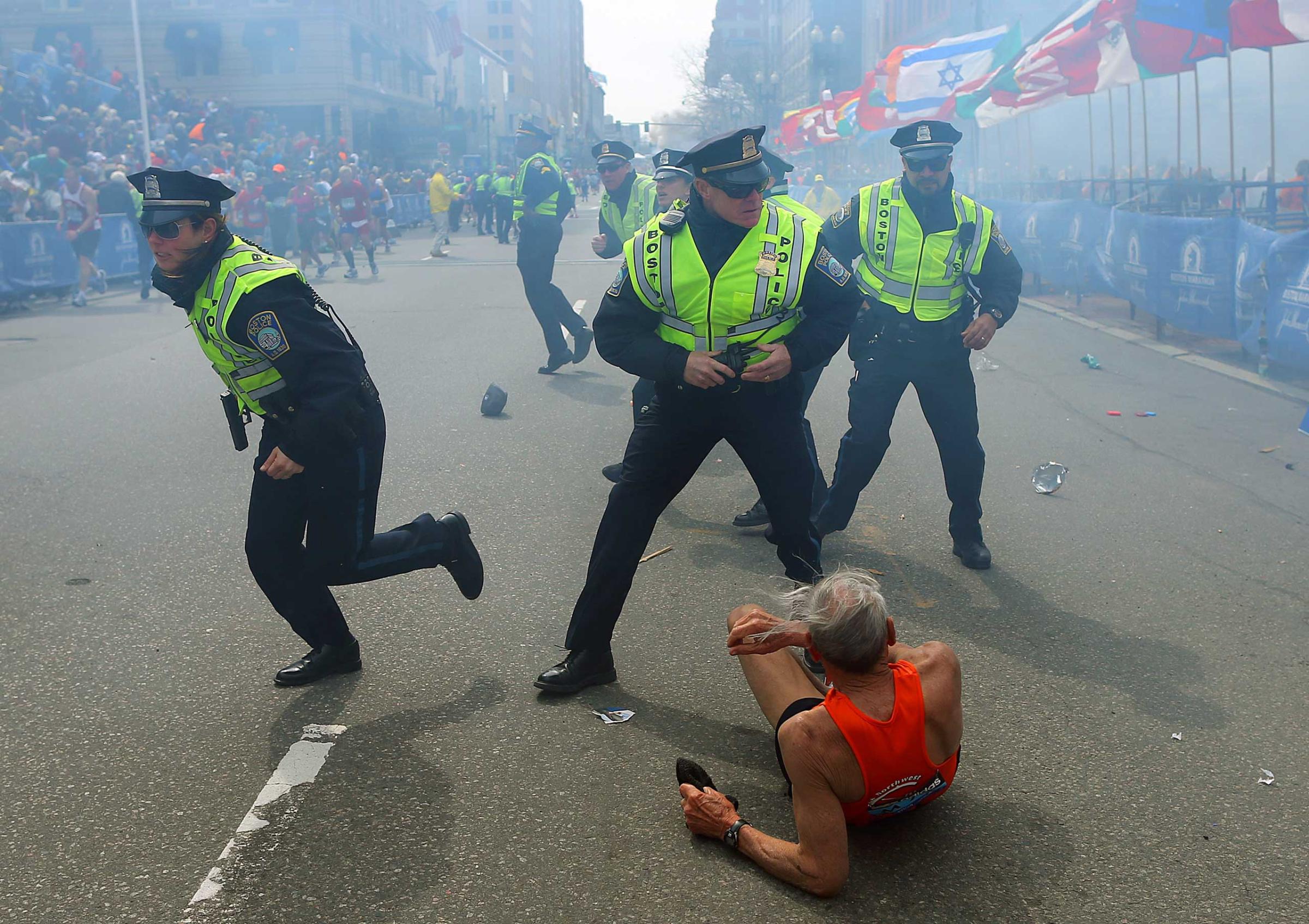
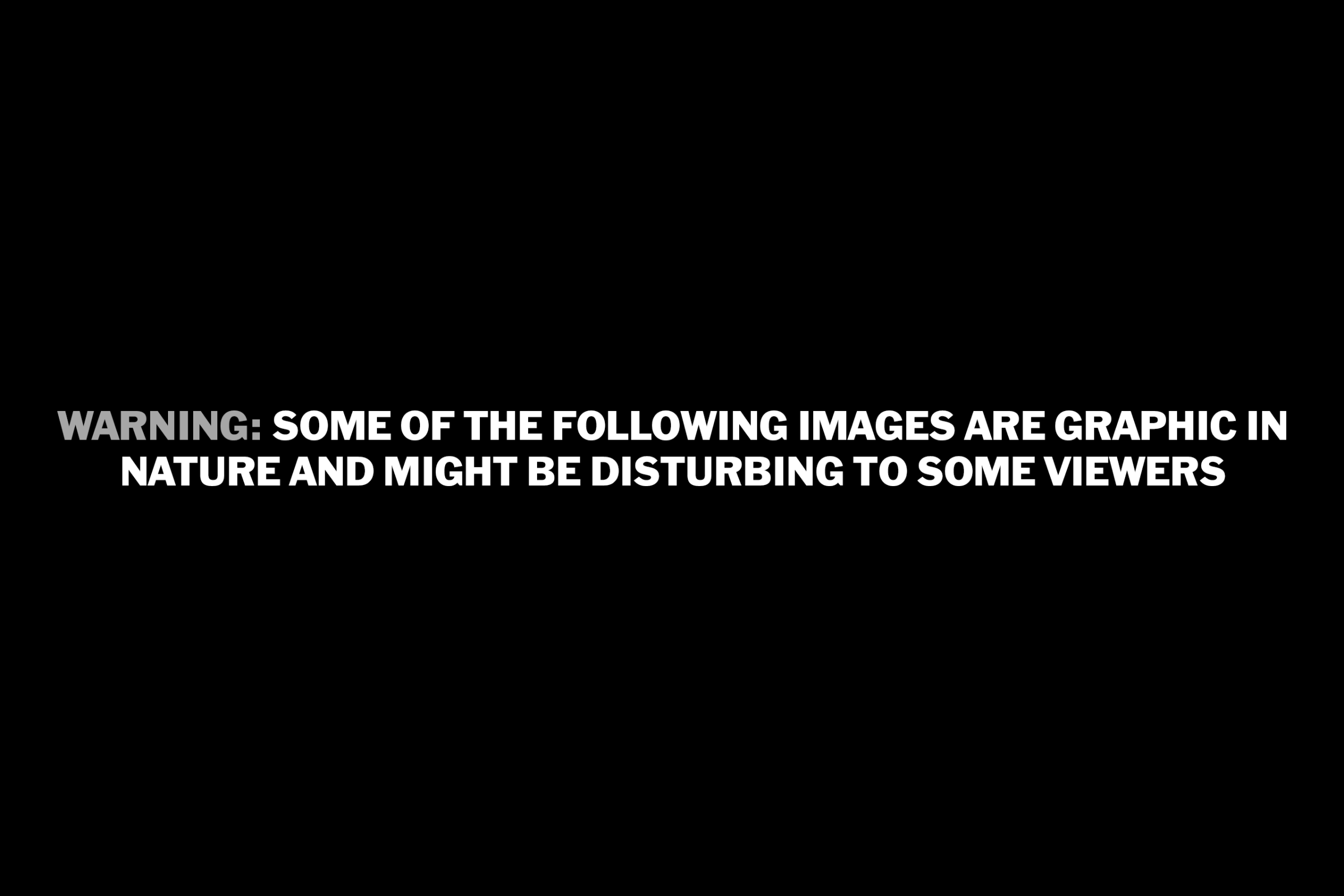
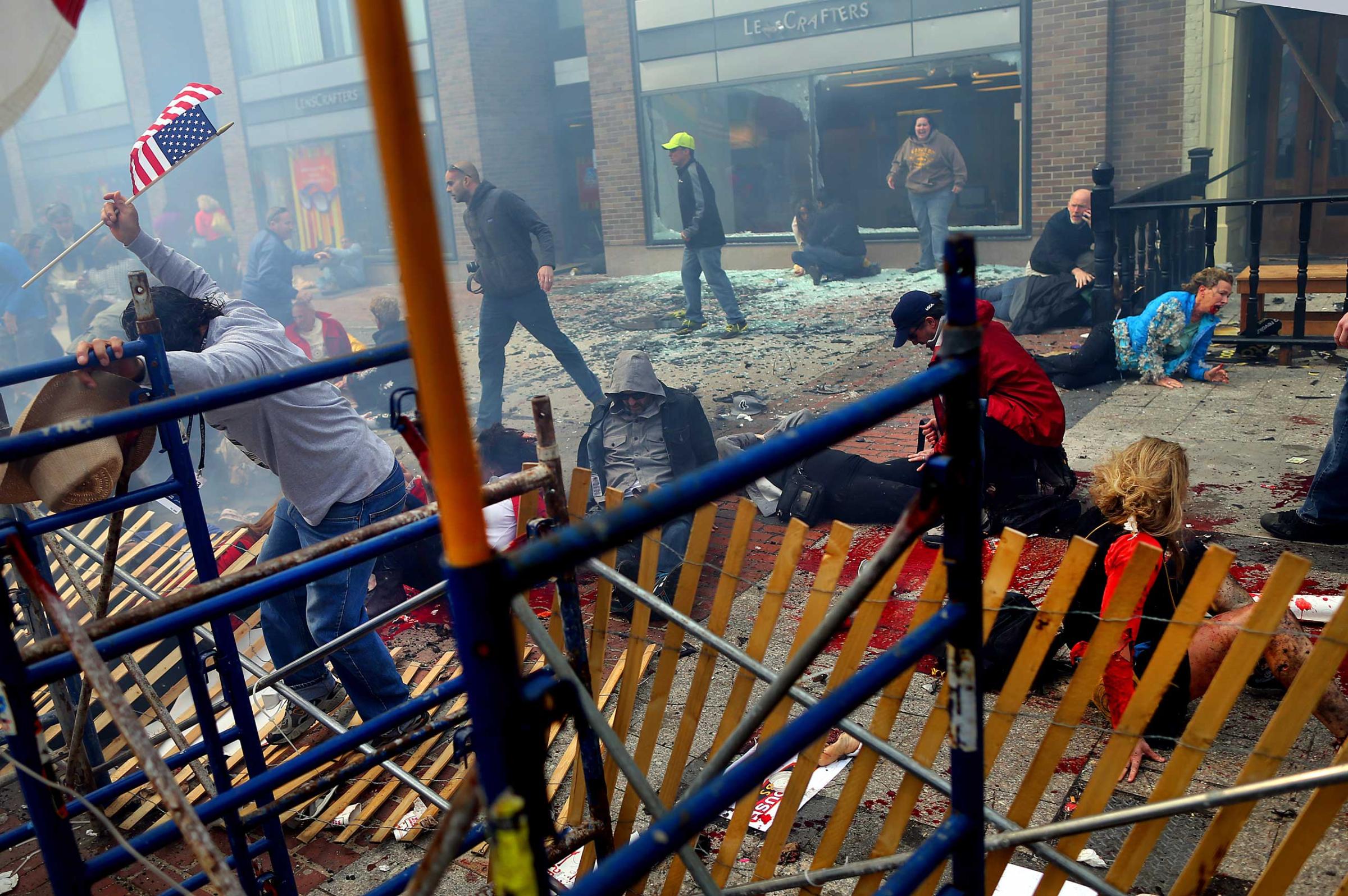
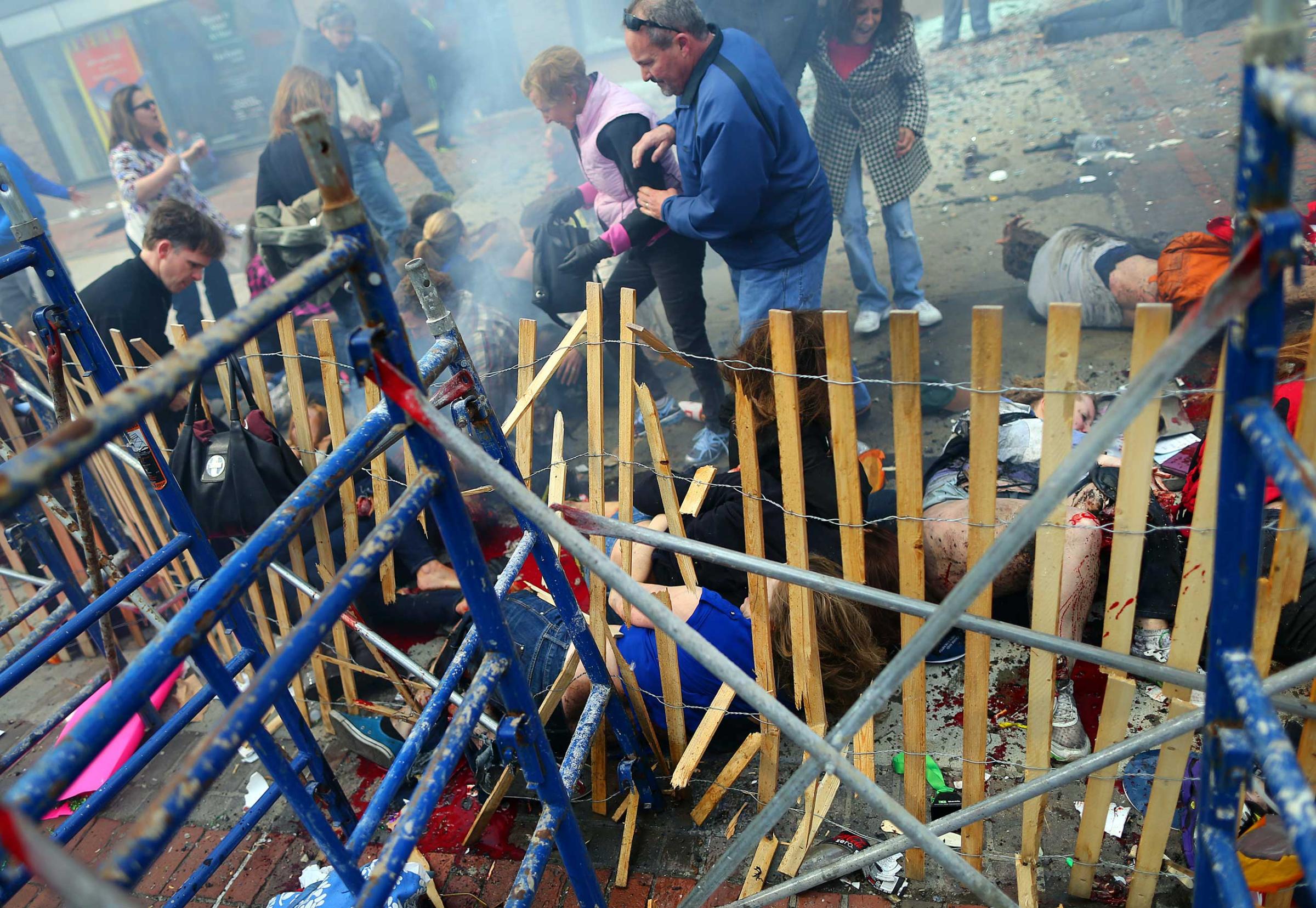
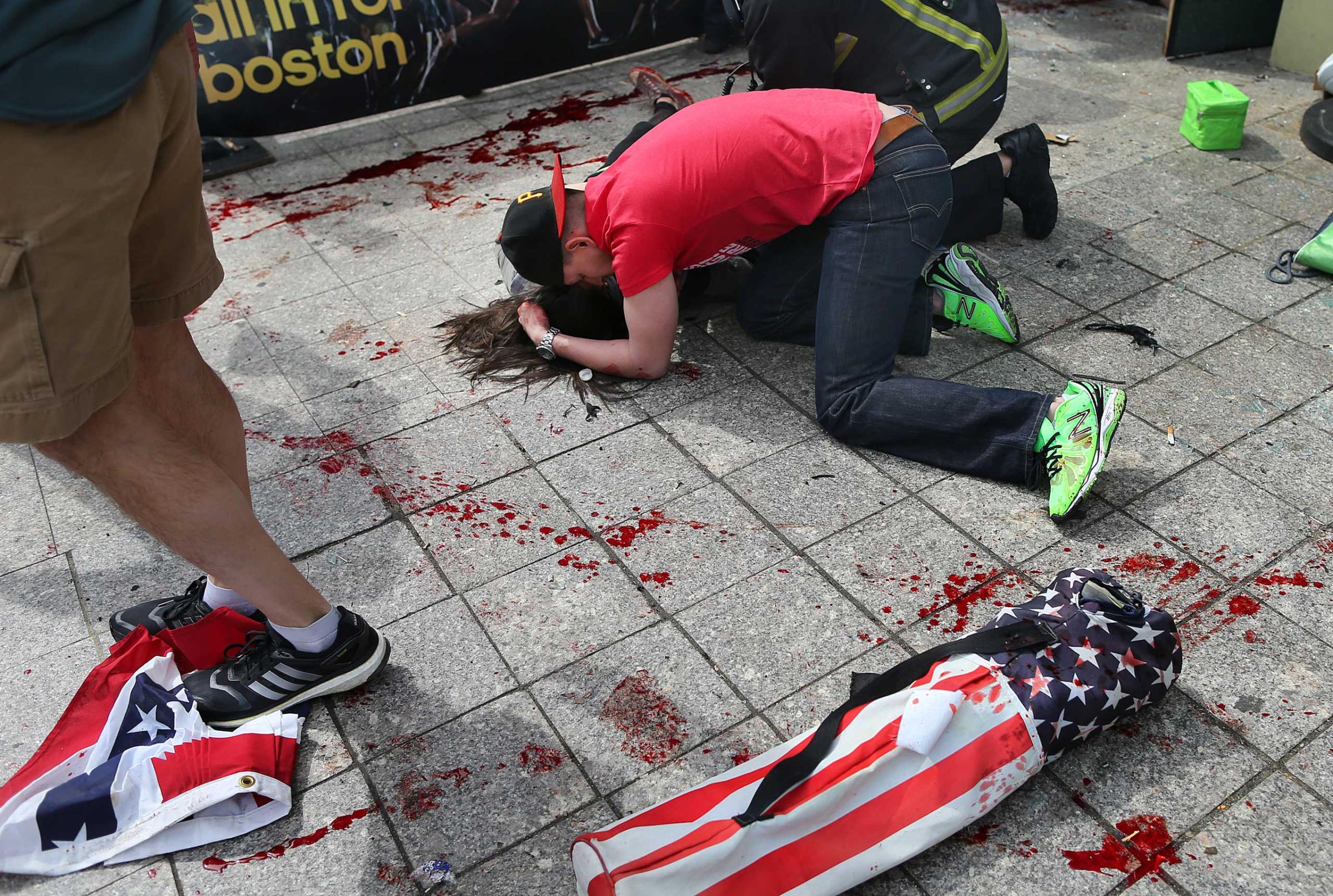
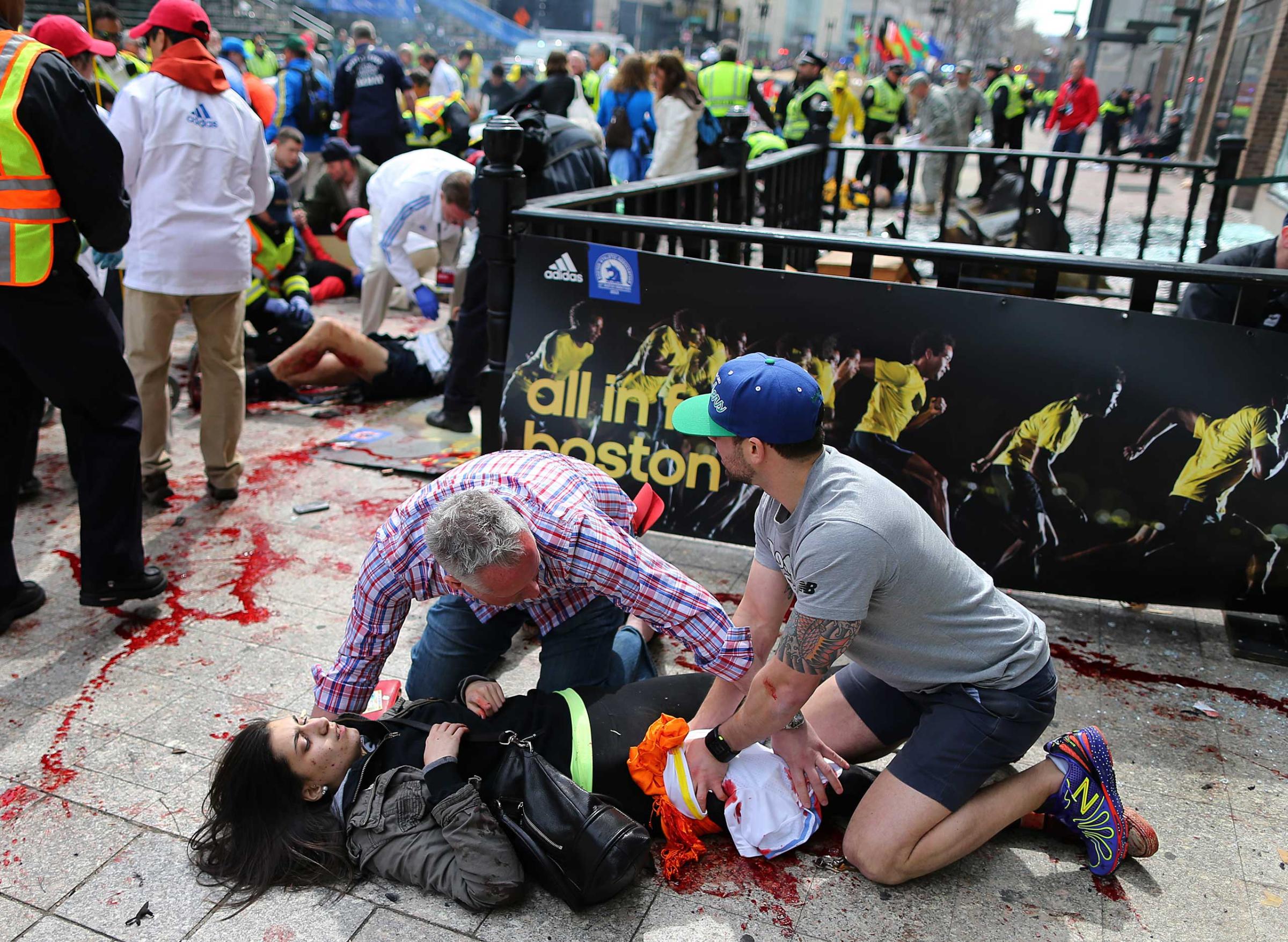
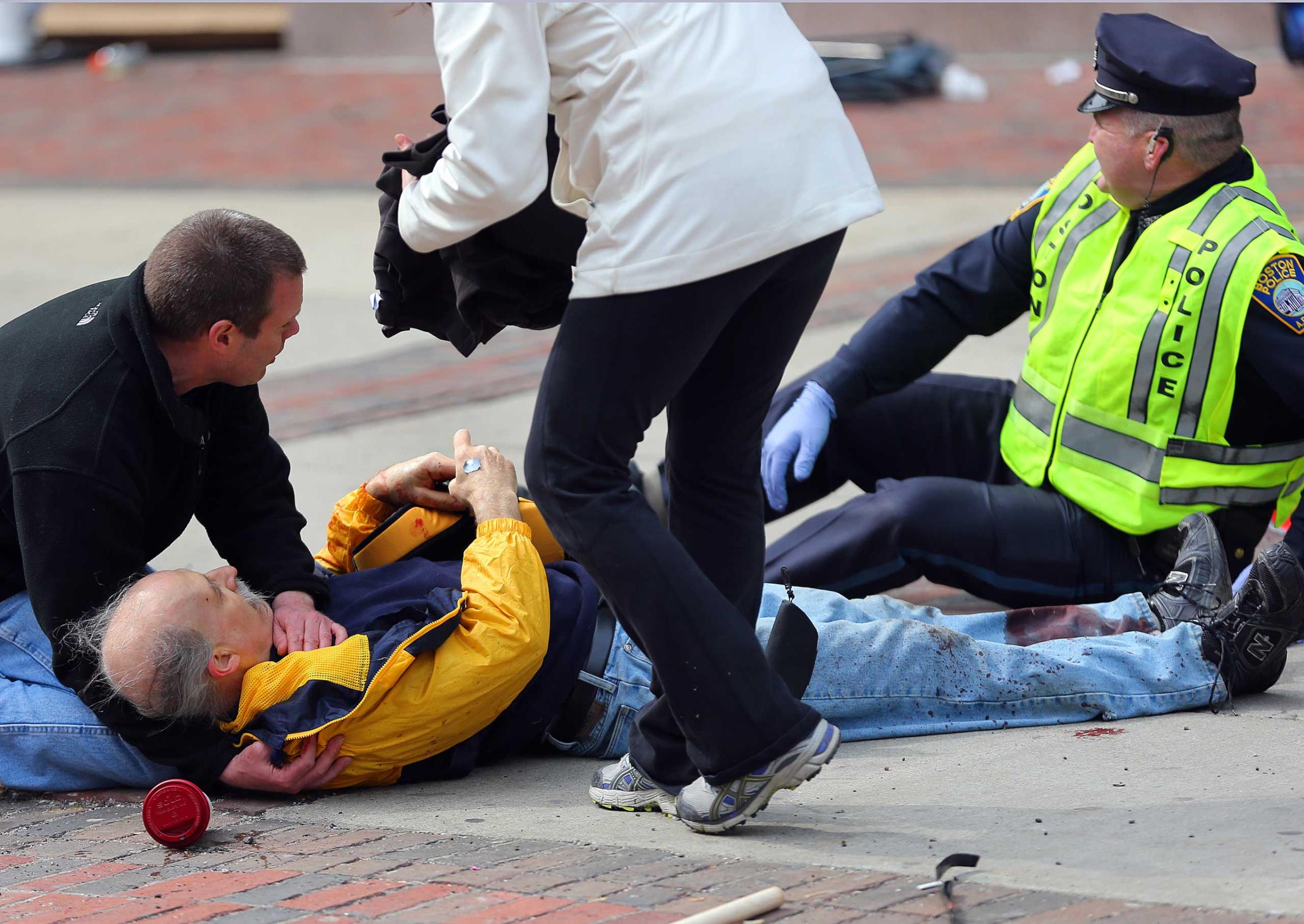
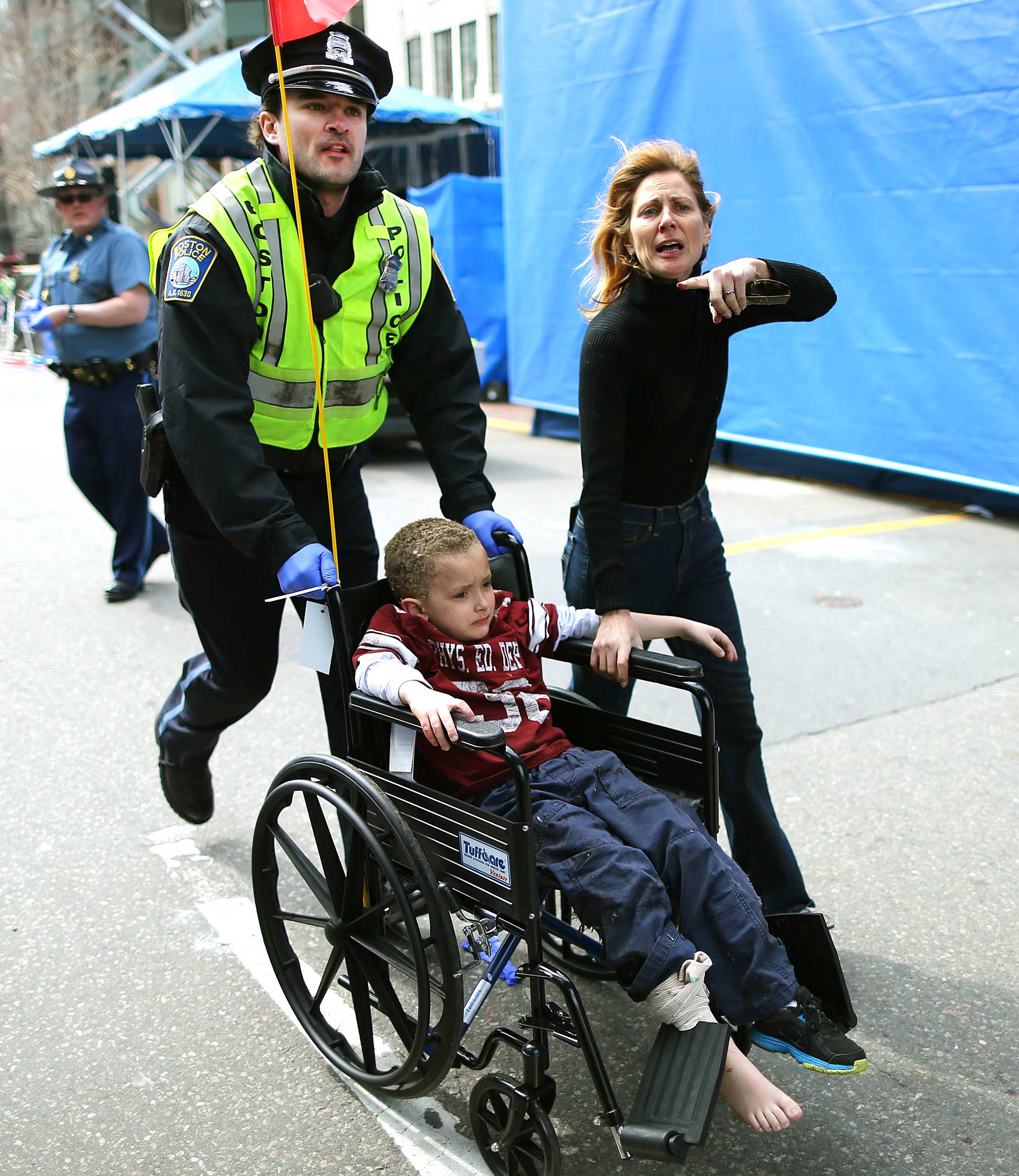
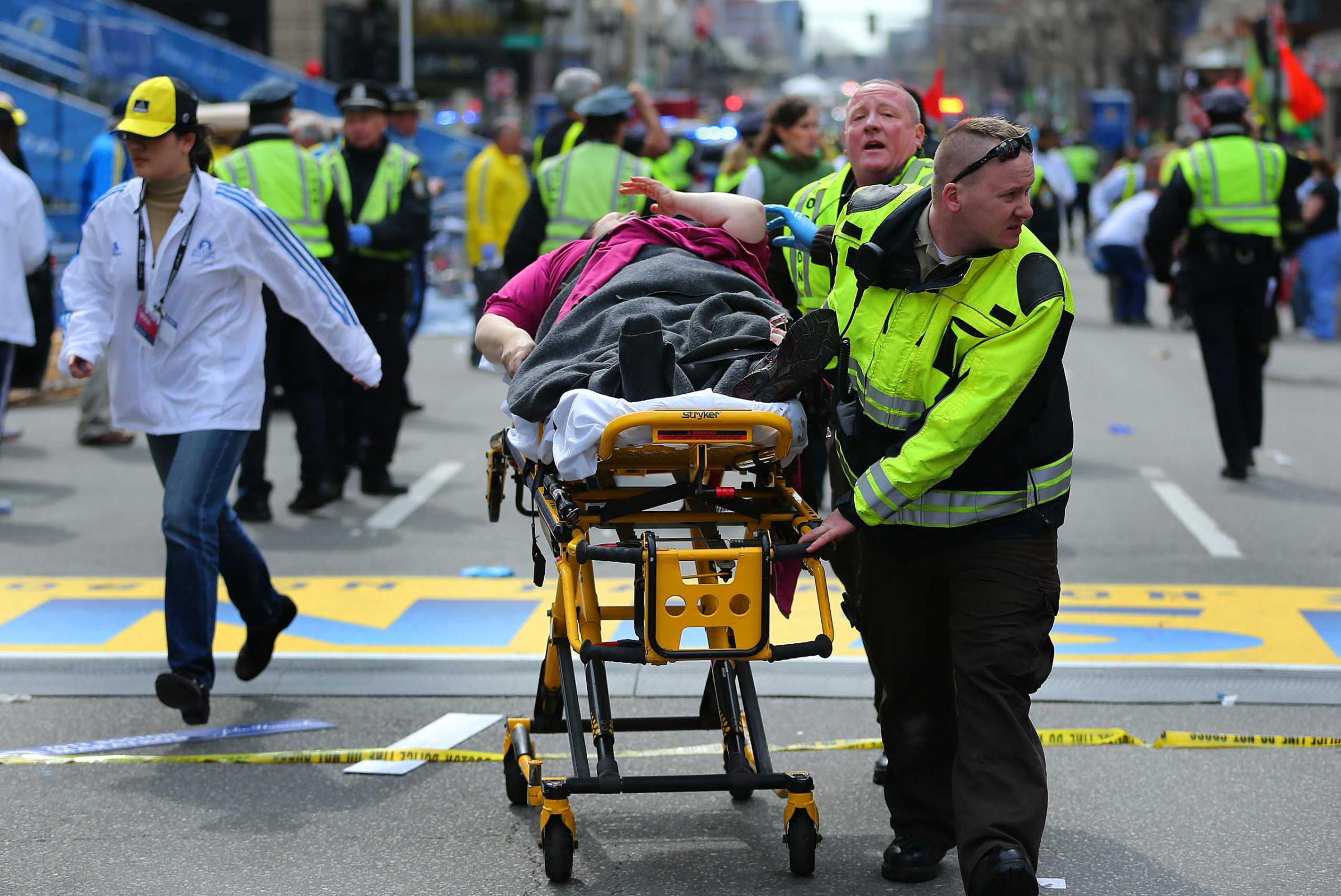
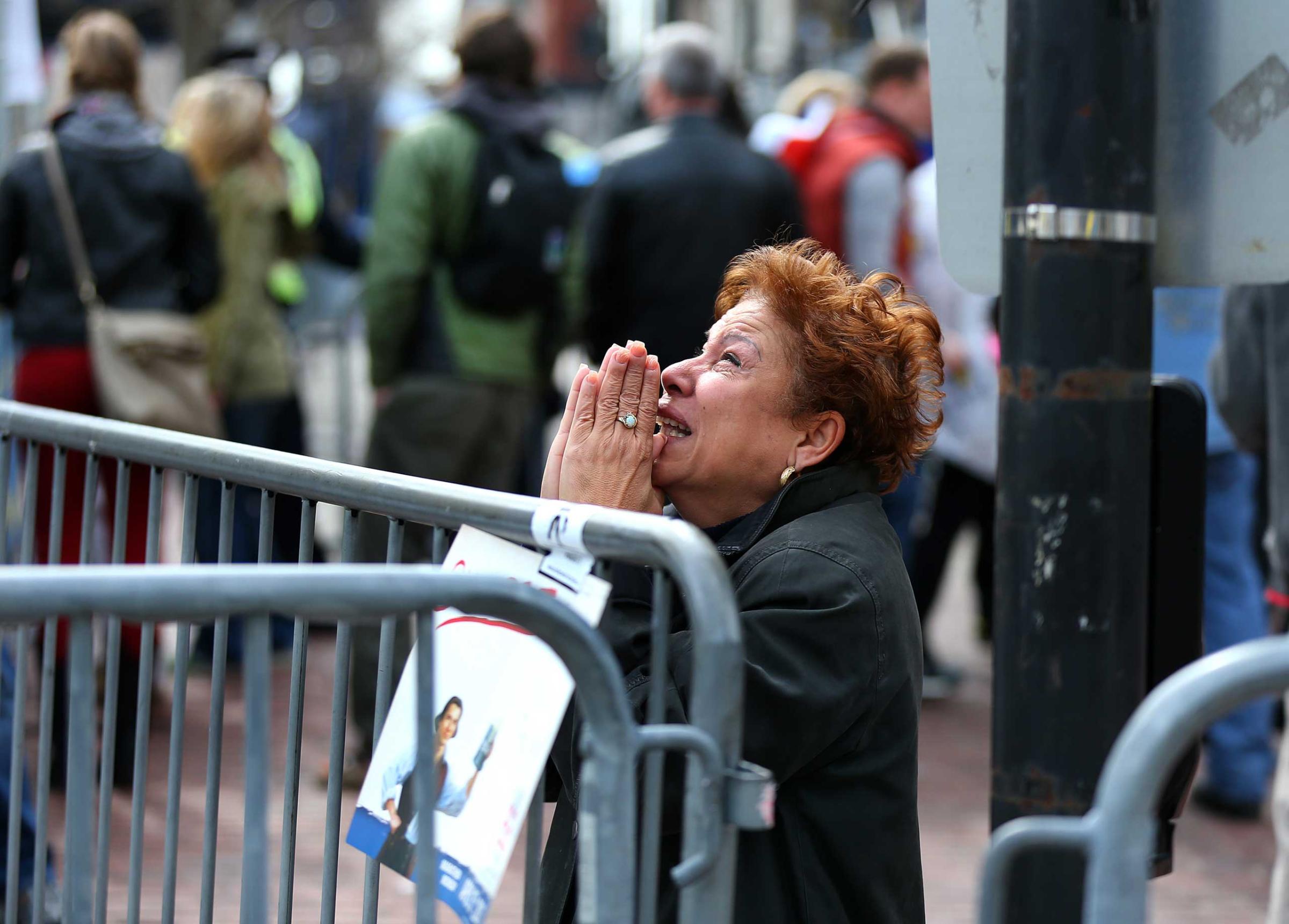
Read next: Summary of Counts Facing Boston Marathon Bombing Suspect
More Must-Reads from TIME
- How Donald Trump Won
- The Best Inventions of 2024
- Why Sleep Is the Key to Living Longer
- How to Break 8 Toxic Communication Habits
- Nicola Coughlan Bet on Herself—And Won
- What It’s Like to Have Long COVID As a Kid
- 22 Essential Works of Indigenous Cinema
- Meet TIME's Newest Class of Next Generation Leaders
Write to Justin Worland at justin.worland@time.com